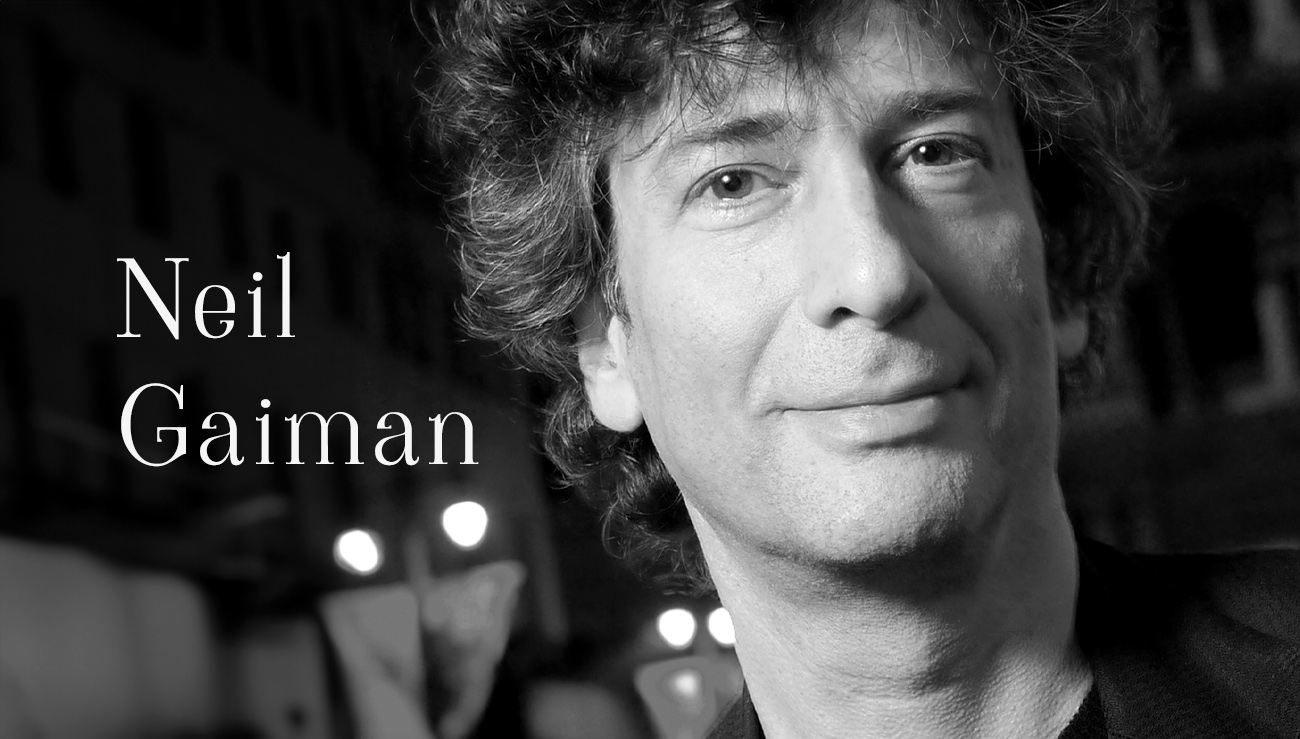
The Dreamweaver: Neil Gaiman
In an era marked by rapid change and eclectic tastes, Neil Gaiman stands out as a literary alchemist, expertly blending the mystical with the mundane, the chilling with the charming. Known for his versatile storytelling across novels, comic books, and screenplays, Gaiman has carved a unique niche in the global literary landscape that defies categorical boundaries. His distinctive voice, imbued with a flair for the fantastical and a poignant grasp of human emotions, has earned him a devoted international following. This article explores the indelible impact Neil Gaiman has had on literature and how his imaginative realms offer more than mere escapism—they invite readers to confront the complexities of life itself.
From the dark vicinities of comic cult classics to the illustrative pages of beloved children’s books, Gaiman’s journey in the literary world is nothing short of spectacular. His career took off with the groundbreaking comic series ‘The Sandman’, which redefined what comics could be—storytelling vehicles that appealed to adults by weaving dense narratives enriched with mythological and historical references. This series not only garnered a vast following but also showcased Gaiman’s ability to craft immersive, multi-layered worlds filled with profound themes and darkly poetic narratives.
Gaiman’s novels further exemplify his storytelling prowess. ‘American Gods’, arguably one of his most acclaimed works, delves into themes of cultural identity and religious decline. Through its narrative, Gaiman critiques the contemporary human condition, blending ancient mythologies with modern dilemmas. This novel not only won the Hugo and Nebula Awards but also demonstrated Gaiman’s skill in using fantasy to explore real-world issues in a deeply resonant manner.
In the realm of children’s literature, Gaiman continues to enchant younger audiences with works like ‘Coraline’ and ‘The Graveyard Book’. These stories, while ostensibly for children, do not shy away from exploring darker themes, conveying that even young readers can handle complex and challenging ideas. His ability to respect the intelligence of his audience, regardless of age, is one of his most commendable qualities.
Moreover, Gaiman’s impact extends beyond the written word. His involvement in adaptations of his work, like the critically acclaimed series based on ‘American Gods’ and the beloved BBC radio plays of ‘Good Omens’ and ‘Neverwhere’, further illustrates his multifaceted creative talent. These adaptations have not only brought his visions to life but have also introduced his work to those who might not traditionally pick up a book.
Neil Gaiman’s advocacy for the literary arts, particularly his impassioned support for reading, libraries, and the freedom of expression, positions him as a prominent figure in literary discourse. His well-articulated views on the importance of storytelling and imagination affirm his role as an ambassador for the literary and creative arts.
Reflecting on Gaiman’s contributions to literature, it is clear he is not just a writer but a guardian of the storytelling craft. He revives folklore, intertwines genres, and captures the intricacies of human experiences, all while nurturing an affection for the written word and its profound potential.
In a world increasingly hungry for genuine connection and deeper understanding, Neil Gaiman’s works serve as bridges—between the ancient and the contemporary, the real and the surreal, the young and the old. As he continues to weave his narratives, he does not just create worlds; he expands ours, inviting us to dream, think, and feel more deeply. In celebrating Neil Gaiman, we celebrate the enduring power of stories and their capacity to transform, enlighten, and connect us.




